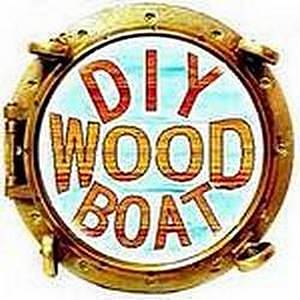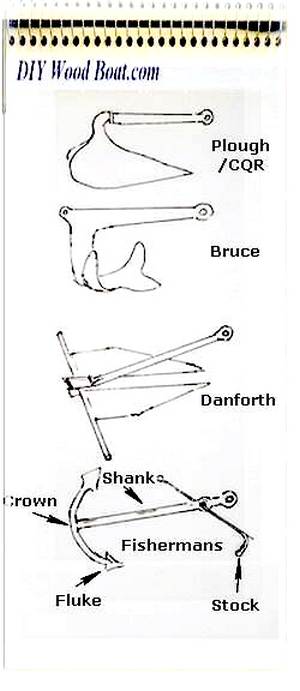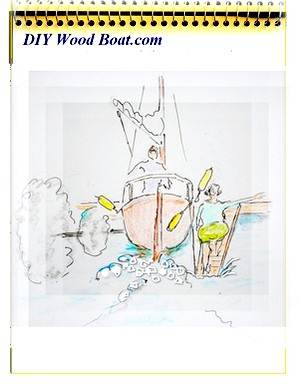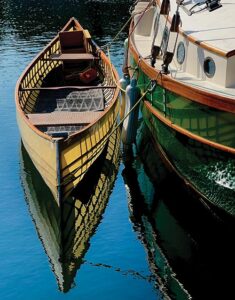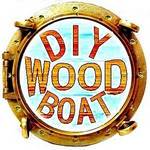- Home
- Begin Boating
- Life Jackets
- Trailers
- PM 38 Club
- Anchoring
- Etiquette
- Boating School
How to Choose a Boating School
With so many boating schools to choose from how do you find the one that will provide the right training for you?
The correct choice for you will be a subjective one, everyone has different criteria.
However, there are several general points which are worth considering.
Yourself
There is a school out there to suit everyone’s requirements.
You can narrow your search by deciding what your personal criteria are.
Perhaps you just want a one day taster, or a longer more adventurous experience or formal lessons.
Some people enjoy learning with a group, but others are wary of having to share with strangers.
A course lasting more than a day on a smaller boat will mean having to share cabin space with strangers.
And be wary of signing up for a week long course if it is your first time on the water, on the other hand a longer trip will significantly increase your confidence and boating knowledge.
The same thing goes when considering an exotic location.
Combining classes with a vacation can make both experiences more special, however spending several days far from home while suffering from seasickness will probably be a disaster.
And don’t forget to check the local weather conditions, a cheap offer in a tropical location might coincide with the hurricane season.
There is a boating school out there which will be able to cater to your needs.
There are courses for children, these tend to focus more on small boats, much more fun.

There are all girl courses with female instructors, courses on tall ships, small ships power boats you name it....
The goal is to find the school which is best school for you and your budget.
To get the most out of the boating school tuition do some homework before you go.
It is always worthwhile reading up on some of the theory there are a ton of excellent books on the market.
And you can read my own articles on mooring, anchoring and basic navigation
techniques, however, there is no substitute for actually trying it out. BooksBoat size
Whatever size of boat you
eventually plan to own
don’t underestimate taking a course on small boat handling.
While some of the handling characteristics of a small boat may differ from larger ones they are more responsive so learning can be more immediate.
This is particularly true if you want to learn to sail.
Dinghy sailing is not only one of the cheapest ways to get afloat but one of the most exciting and entertaining.
And there are many dinghy clubs which include training at a very reasonable cost.
However, learning on larger boats has other advantages.
They are much more stable, it is highly unlikely that you will ever get dunked.
They are usually much more comfortable and sedate.
They provide accommodation for longer trips.
And the instruction is mostly much more structured, with a curriculum and certification based on your national testing, and certification authority.
Which Boating School

Having identified your wants, how do you choose between competing schools?
There are some basic criteria which reputable schools will conform to.
The rest unfortunately is subjective, and can be dependant on so many variables such as the weather, the other folk on the course, the particular instructor, etc, etc.
The main point to remember is that these schools are commercial organisations and as such come under the general rules covering such businesses in the country in which they are based.
That is not to say that the one man with one boa,t operating out of a third world country won’t be an excellent instructor and make your stay a happy one, however....
Much safer to look for a school which is accredited to or associated with a national training scheme such as US Sailing, the American Sailing Association (ASA), the Royal Yachting Association or the Canadian Yachting Association.
Choosing an accredited boating school will also mean that the boats will conform to rigorous safety standards.
And the instructors will have the necessary qualifications and experience.
The price of tuition does vary.
The more widely advertised schools tend also to be the more expensive.
However the cheaper schools can provide great value, they just take a little more finding.
Treat the course in the same way you would a holiday package.
- Check for any extra charges.
- What accommodation if any is included.
- Does the price include meals, bedding etc.
- Review their cancellation policy.
- And take out holiday insurance (just in case)..
Web Resources
The Web is a where most folk go, these days to find anything.
And boating schools are no exception.
Practically every school, club and sailing association now has a website.
And there are several directories such as the directory of sailing schools on Yahoo.
These can be a good place to start, but a fancy website is not necessarily a true reflection of the organisation.
But whatever boating school you choose, however well run, regulated or qualified, regardless of the weather, you will only get out of it what you are prepared to put in.


